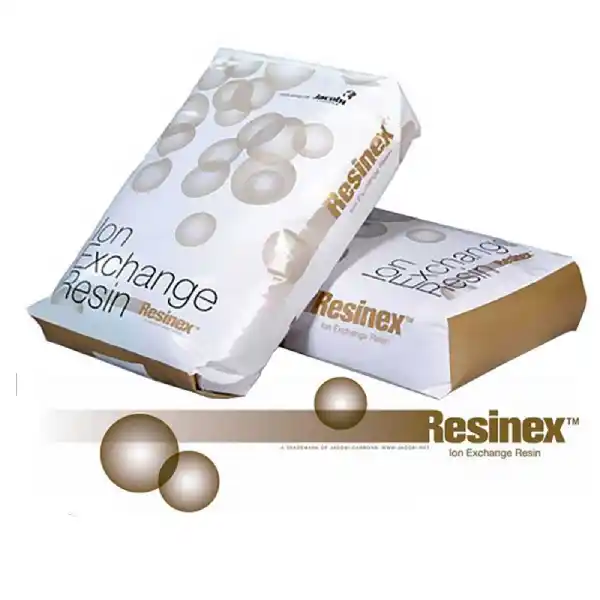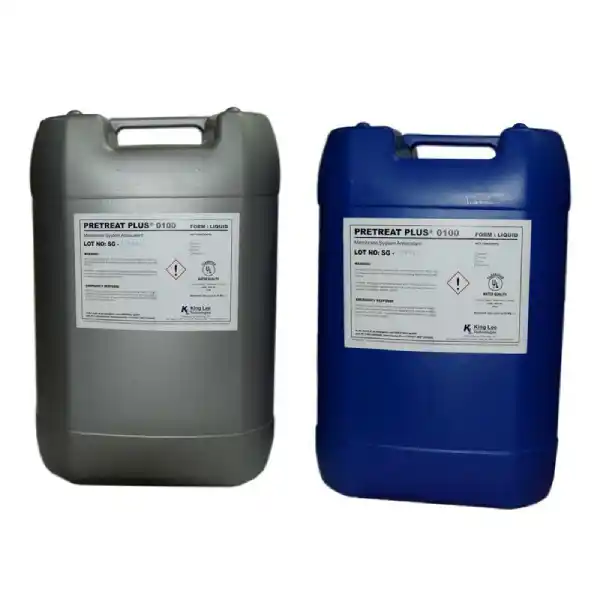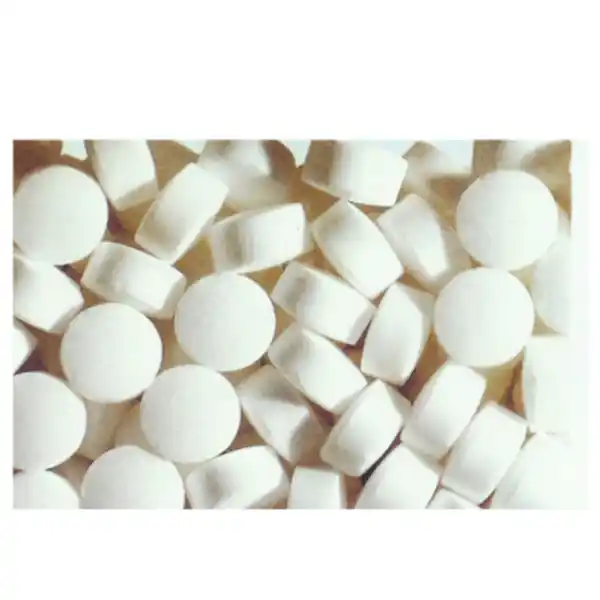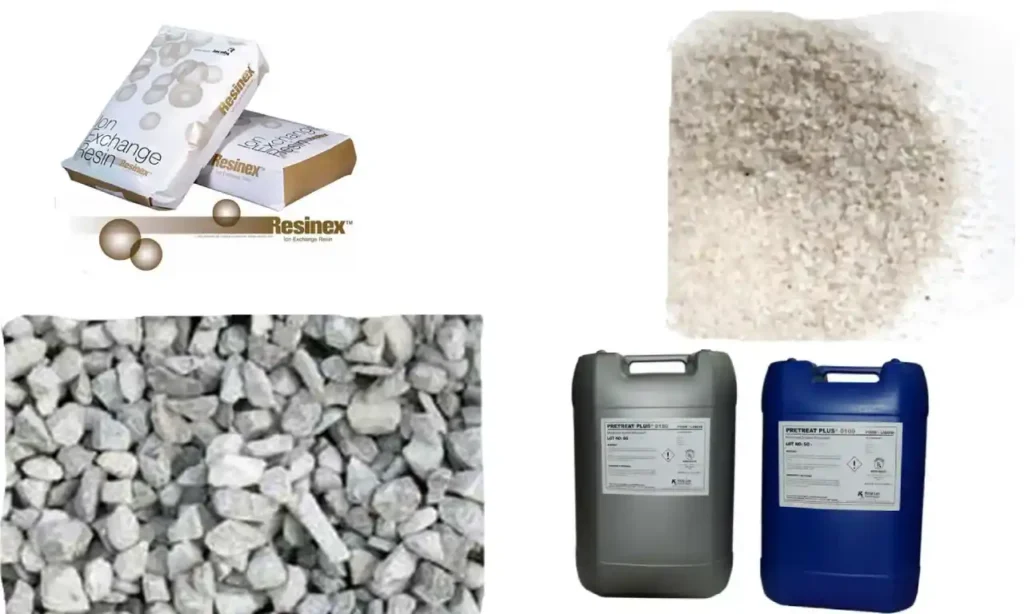A mixed bed ion exchange resin is a type of medium utilized in water purification processes, particularly in reverse osmosis (RO) systems. These resins are made from organic polymer substrates, typically polystyrene sulfonate, and are in the form of small micro beads, usually white or yellowish in color and ranging from 0.5 to 1 mm in diameter.
In water purification, these resins serve to trap ions, exchanging them for other ions present in the water. This exchange process results in the purification of the water, removing impurities and achieving demineralized water quality, which is essential for various industrial applications.
Mixed bed ion exchange resins are commonly employed in the polishing stage of water treatment processes, particularly after the water has undergone reverse osmosis. In this stage, the resins help to further purify the water, ensuring its quality meets the desired standards for specific industrial or commercial purposes, such as in pharmaceutical manufacturing, electronics production, or boiler feed water systems.

Media And Chemical Antiscalant Chemicals USA
Choosing the appropriate antiscalant is crucial in preventing scale deposition on reverse osmosis (RO) membranes, as the composition of RO feed waters varies in terms of ions present. Without the proper antiscalant, various types of scale can accumulate on the membranes, leading to decreased operating efficiency and potential plant failure.
Utilizing the right antiscalant and cleaning chemicals is essential for optimizing the performance of RO plants. By selecting the appropriate antiscalant, operators can effectively manage scale formation and ensure the longevity and effectiveness of the RO membranes, thus maintaining the efficiency of the water treatment process.


Media And Chemical Water Softener Salt
Water softener salt plays a crucial role in the operation of a water softener system. Although it doesn’t directly soften the water, it is utilized to regenerate the resin beads within the softener. These resin beads are responsible for removing hard water ions such as calcium, magnesium, and iron from the water, thus effectively softening it. By regenerating the resin beads with salt, the water softener can continue to effectively remove hardness minerals from the water, ensuring the provision of softened water for various household or industrial applications.
Sand Media And Chemical
Sand filters play a vital role in the water treatment process for purifying water. There are three primary types of sand filters: rapid (gravity) sand filters, upward flow sand filters, and slow sand filters. Each type is widely used in the water industry worldwide.
Rapid and upward flow sand filters require the use of flocculant chemicals to effectively remove impurities from the water. These chemicals aid in the process of filtration, enhancing the efficiency of the sand filter.
On the other hand, slow sand filters can produce exceptionally high-quality water that is free from pathogens, taste, and odor without the need for chemical aids. These filters rely on a biological layer that forms on the surface of the sand bed to remove impurities from the water.
Sand filters are not only utilized in large-scale water treatment plants but can also be employed for water purification in individual households. They utilize readily available materials, making them accessible to most people for improving the quality of their drinking water.
Gravel Media & Filter
Gravel serves as a crucial support media in water filters, particularly in conjunction with sand and coal. To ensure maximum efficiency, filter gravel must possess specific attributes, including hardness and a rounded shape rather than angular.
Filter gravel is primarily composed of quartz aggregate, characterized by its hardness and rounded shape. Similar to filter sand, filter gravel consists of durable particles with a slow breakdown rate. This quality contributes to prolonging the lifespan of the filter media, thereby enhancing the effectiveness of the water filtration process.

